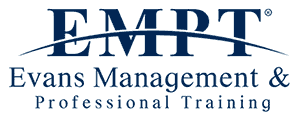Managing Quality Outcomes in Health and Social Care Settings
Managing quality outcomes is an essential element of management competence. Measuring and assessing service quality in the social care sector presents some distinct challenges. However, indicators of service quality, including those of service impact on outcomes for children. Monitoring can mean ‘continuous or regularly repeated observations of important parts of service structure, process, output or […]
TSD Standard 4 Know how to communicate effectively
Effective communication in foster care settings People working in fostering settings often communicate to share ideas/information; to offer reassurance; to build relationships; to ask questions and much more. Factors to consider for effective communication includes: the level; pace; tone; sensory needs; content; use of jargon/slang; child or young person’s or colleagues wellbeing and ability. This […]
Unaccompanied Asylum Seeking Children research and guidance information
Main Legislative Framework and Guidance The Children Act 1989 places a responsibility upon Local Authorities to safeguard and promote the welfare of children and young people living in their area. When children in need are identified, an assessment of their needs should be undertaken. A major factor for unaccompanied asylum seeking children is that the […]
Some aspects of training and the Fostering National standards (2011)
National standards in foster care NMS 3.8. Foster carers must receive training in promoting positive care and control of children, including training in de-escalating problems and disputes NMS 4.6. Foster carers must receive training around appropriate safer-care practice, including skills to care for children who have been abused NMS 6.7. Foster carers […]
